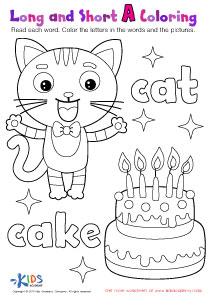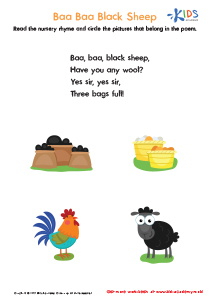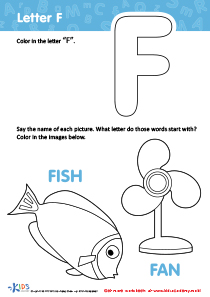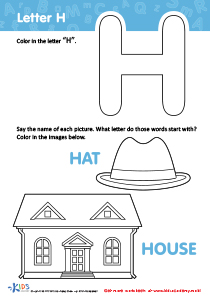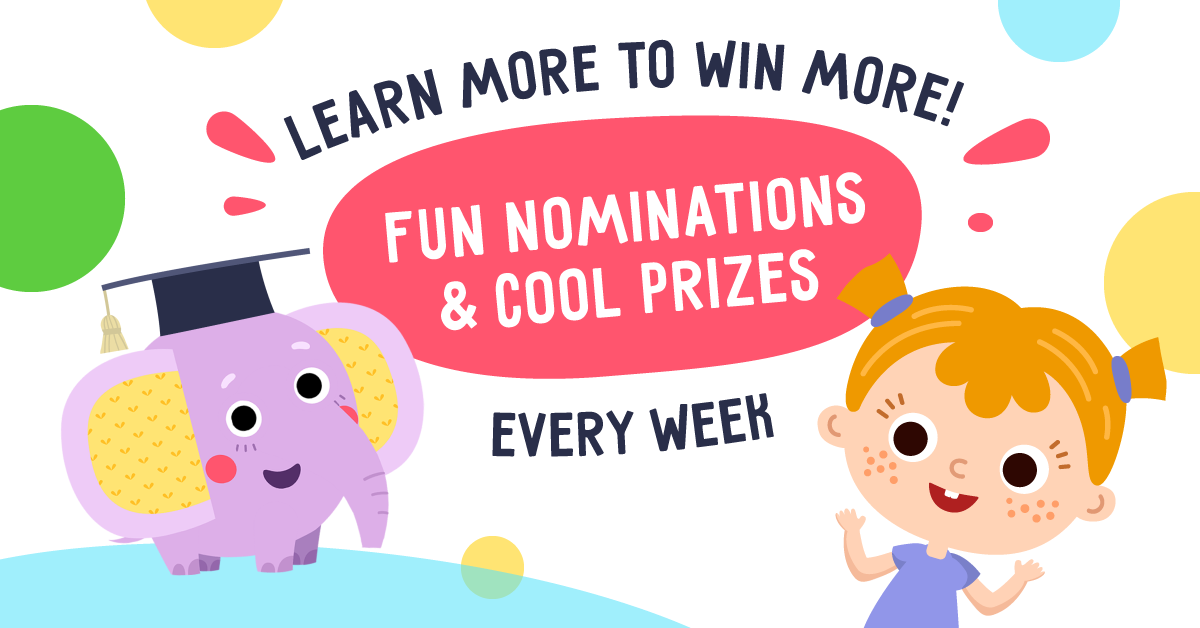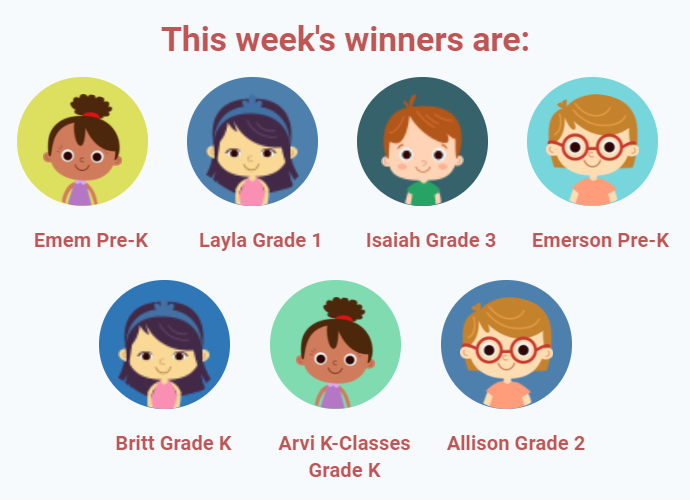Phonological Awareness Quizzes for Ages 3-5
9 results
9 filtered results
Clear all filters9 filtered results
-
From - To
Discover the joy of learning with our interactive assessment quizzes, specifically designed to enhance Phonological Awareness for Ages 3-5. These engaging quizzes not only evaluate young learners' understanding of phonological concepts but also offer instant feedback to reinforce their knowledge. Tailored for children in their crucial developmental years, our quizzes make learning fun and interactive, paving the way for a solid foundation in phonological awareness. Perfect for parents and educators seeking to boost children’s early literacy skills, our quizzes are crafted to captivate young minds and nurture their journey of discovery and learning in phonological awareness.
In today's rapidly evolving educational landscape, fostering foundational skills during early childhood is more critical than ever. Phonological Awareness for Ages 3-5 is a cornerstone of early literacy, laying the groundwork for successful reading and writing in later years. Interactive quizzes designed specifically for this age group are not just beneficial; they are transformative in children's academic journeys.
Phonological awareness is the ability to recognize and manipulate sounds in spoken language. It involves a range of skills, including identifying rhymes, syllables, and the initial sounds of words—skills that are crucial for the development of reading and spelling. For children aged 3 to 5, these are not just abstract concepts but stepping stones to becoming confident and proficient readers.
Our interactive quizzes on Phonological Awareness for Ages 3-5 are thoughtfully crafted to engage young learners in a fun and educational way. These quizzes go beyond traditional teaching methods, offering a dynamic learning experience that captivates children's attention and stimulates their curiosity. Here are several ways these quizzes are beneficial to children in their studies:
-
Enhanced Engagement: With colorful animations, captivating sounds, and interactive challenges, these quizzes make learning irresistible. Children are naturally drawn to play, and when learning feels like play, engagement soars. This heightened engagement leads to deeper learning and retention of phonological concepts.
-
Tailored Learning: Recognizing that every child is unique, our quizzes adapt to each child's learning pace. This personalized approach ensures that children are neither bored with material that's too easy nor frustrated with content that's too challenging. Tailored learning experiences help build confidence and foster a positive attitude towards learning.
-
Immediate Feedback: One of the most significant advantages of interactive quizzes is the instant feedback they provide. Children learn from both their successes and mistakes, understanding which areas need more practice. This immediate feedback loop encourages a growth mindset, where children see learning as a journey of continuous improvement.
-
Foundational Skill Building: Our quizzes focus on all aspects of Phonological Awareness for Ages 3-5. By engaging with these quizzes regularly, children build a solid foundation in recognizing rhymes, counting syllables, and identifying initial sounds. These skills are not just academic prerequisites but are instrumental in developing effective communication and language proficiency.
-
Parental and Teacher Insight: Beyond benefiting children, these quizzes offer valuable insights for parents and educators. Through detailed progress reports and assessments, adults can identify areas where a child may need additional support, allowing for targeted interventions that are informed by real data.
In conclusion, interactive quizzes on Phonological Awareness for Ages 3-5 are more than just educational tools; they are gateways to early literacy and lifelong learning. By captivating young minds, personalizing the learning journey, providing immediate feedback, building foundational skills, and offering insights for adults, these quizzes play a pivotal role in shaping confident, curious, and competent learners. As we continue to navigate the future of education, the importance of such innovative approaches in early childhood education cannot be overstated.
